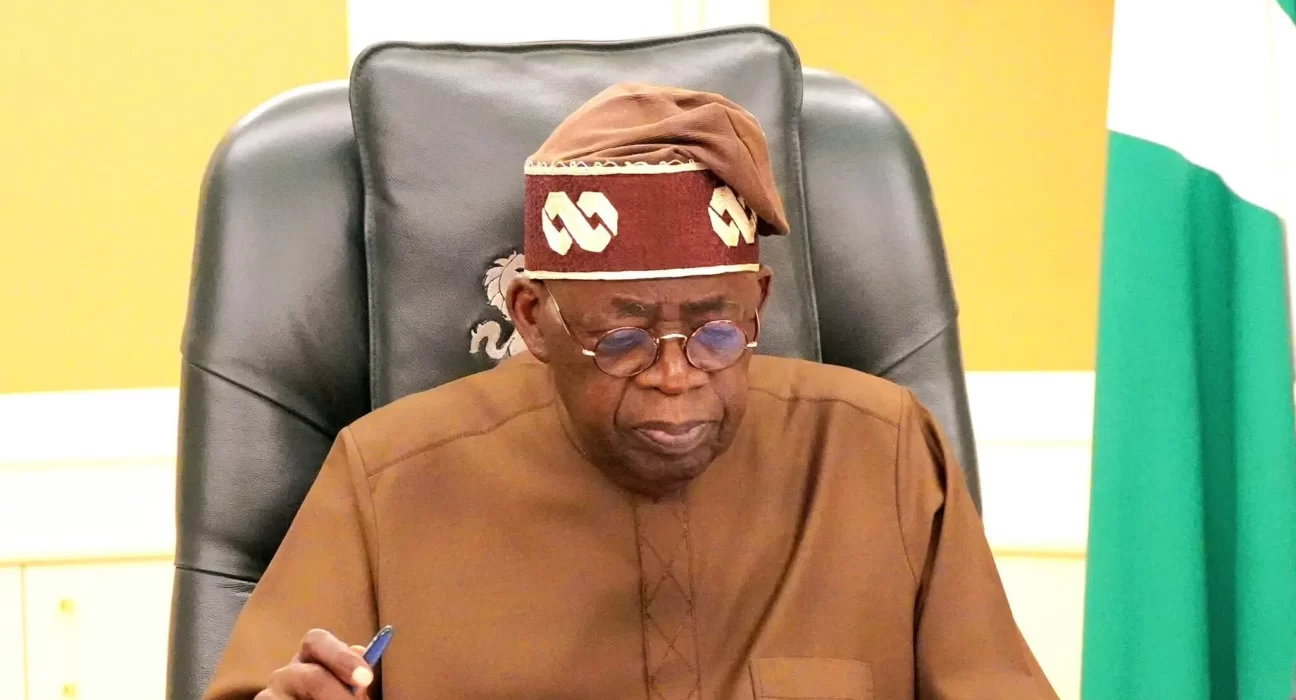President Bola Tinubu’s recent economic reforms mark a transformative period for Nigeria, aiming to set the country on a path toward economic resilience. However, these changes have brought immediate challenges that many Nigerians are experiencing acutely.
Tinubu’s decisions, such as eliminating fuel subsidies and unifying the foreign exchange (FX) rate, were designed to address long-standing fiscal imbalances but have simultaneously led to sharp inflation and currency volatility. Inflation rates in Nigeria have surged to nearly 30%, reaching a 19-year high as the cost of essentials like food and fuel escalates dramatically, creating challenges for households and businesses alike.
Despite these short-term hardships, analysts suggest that Tinubu’s economic reforms lay the groundwork for sustainable growth. The removal of fuel subsidies, for example, is projected to save the government an estimated $10 billion annually. These funds could be redirected to improve infrastructure, healthcare, and education.
Tinubu’s administration is also working on measures to boost foreign exchange reserves and stabilize the naira. The liberalization of the FX regime is expected to create a more transparent and market-driven exchange rate, which could attract foreign investors by increasing the ease of doing business in Nigeria.
Moreover, the administration has introduced social welfare programs to mitigate the impact of these reforms. For instance, Tinubu declared a state of emergency on food security, with efforts underway to increase the affordability and availability of food for Nigerians.
This includes releasing grains to local markets and providing support for agricultural productivity, which is vital as food prices remain a key driver of inflation. Tinubu’s policies are designed not only to relieve immediate pressures but also to build a foundation for a more diversified economy that is less dependent on oil.
Economic experts remain cautiously optimistic, recognizing that while the journey may be challenging, Tinubu’s reforms hold the potential to stabilize Nigeria’s economy over the long term. As these policies mature, their success will likely depend on the government’s commitment to addressing inflation, encouraging investment, and sustaining measures that alleviate hardship for the Nigerian population.






